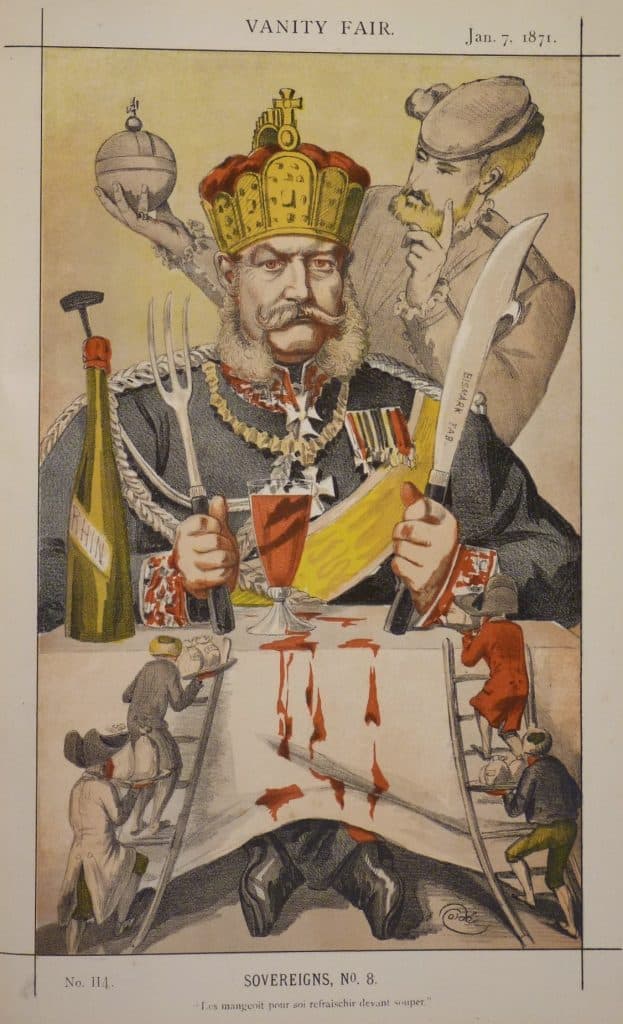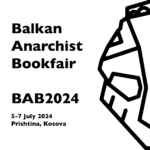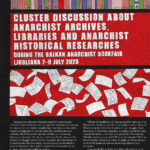Going through the news these days we see two instances in which monarchies are involved. First, the scandalous news about the intentions of prince Harry of Great Britain and his wife, Meghan Markle, to “quit” the royal family because of the way they have been treated since their marriage. So what we have here is a bit of a pop scandal, like the ones you see on pathetic TV shows around the world.
The second one, part of a completely different and more serious situation, we have the imperial family of Iran, namely the crown prince of the now exiled House of Pahlavi, Reza Pahlavi, who’s name is chanted in the streets of major cities in Iran by protesters against the actual theocratic and dictatorial regime of ayatollah Ali Khamenei.
Now, the two situations may seem quite different, but the question I would like to address is why normal working people, although from different backgrounds or social strata, still have a need to find freedom and a guarantee of security in the figure of the royal family, in the case of the Iranian people, and why do people from Great Britain still see the royal family in their country as a much needed moral compass? And this question and others of its kind may be posed to numerous other people from different parts of the world.
One answer, although it may appear simple at first glance, would be that there exists no real and sufficiently attractive alternative way of organizing masses of people in a more democratic and egalitarian way. This is why people with good instincts and intentions fall prey to deceiving and manipulating narratives that tell them that only hierarchical systems of organizing society can exist. And this is a criticism that all of us, all anarchists, radicals, militants, idealists and dreamers should accept and work on. It does not do us much good if we are the only ones free in a dystopian society.
Second, it comes down to our own inability to churn through the numerous moral codes present in our societies. Sure, capitalist exploitation doesn’t leave us with too much time for such reflections, but that’s where the struggle lies, to break through the superficial and materialistic life dictated by our desires and fulfilled by corporations and start discerning through the moral codes present in our society. Analyse them, deconstruct them and always question their power source.
So through individual action and collective alternatives we may find ourselves not needing royal institutions any more – we will get to states in other posts –, leaving them to decay in their castles and mansions and, maybe in the future, transfer them into museums for future generations to see our progress.
A.P.








